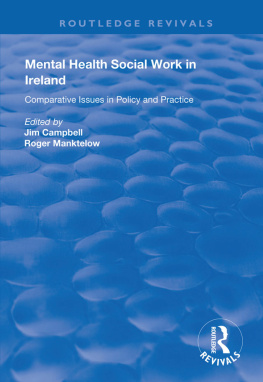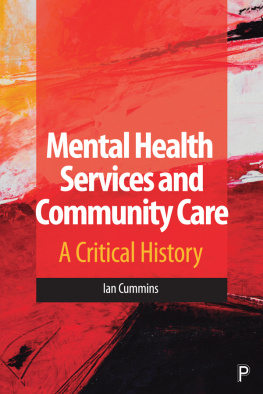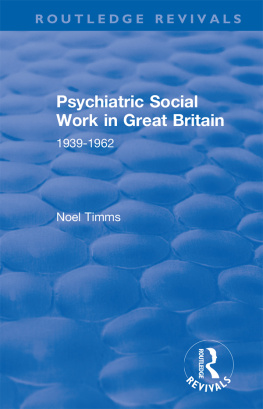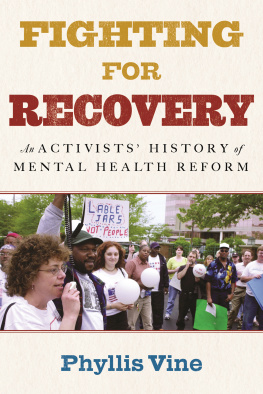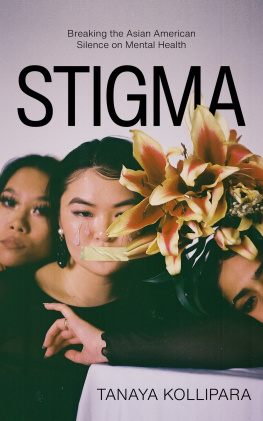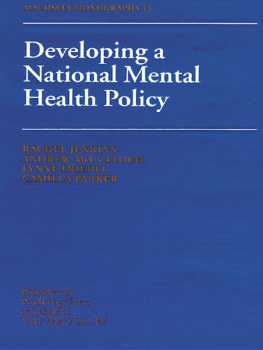Forbidden Narratives
THEORY AND PRACTICE IN MEDICAL ANTHROPOLOGY AND INTERNATIONAL HEALTH
A series edited by
Susan M. DiGiacomo
University of Massachusetts, Amherst
Editorial Board
H. Kris Heggenhougen
Harvard University
Cambridge, Massachusetts
Dan Moerman
University of Michigan, Ann Arbor
R. Brooke Thomas
University of Massachusetts, Amherst
International Advisory Board
Joan Ablon, George Armelagos, Hans Baer, Peter Brown, Xochitl Castaneda, Deborah Gordon, Xchitl Herrera, Thavitong Hongvivatana, Judith Justice, Montasser Kamal, Charles Leslie, Shirley Lindenbaum, Margaret Lock, Setha Low, Harriet Ngubane, Mark Nichter, Duncan Pedersen, Tom Ots, Nancy Scheper-Hughes, Merrill Singer
Founding Editor
Libbet Crandon-Malamud
Volume 1
Hippocrates' Latin American Legacy:
Humoral Medicine in the New World
George M. Foster
Volume 2
Forbidden Narratives:
Critical Autobiography as Social Science
Kathryn Church
Forbidden Narratives
Critical Autobiography as Social Science
Kathryn Church
University of Toronto
Ontario, Canada
Copyright 1995 by OPA (Overseas Publishers Association) Amsterdam B.V. Published under license by Gordon and Breach Science Publishers SA.
All rights reserved.
No part of this book may be reproduced or utilized in any form or by any means, electronic or mechanical, including photocopying and recording, or by any information storage or retrieval system, without permission in writing from the publisher.
First published in 1995 by Gordon and Breach Science Publishers
This edition published 2013 by Routledge
2 Park Square, Milton Park, Abingdon, Oxon OX14 4RN
711 Third Avenue, New York, NY 10017
Routledge is an imprint of the Taylor & Francis Group, an informa business
British Library Cataloguing in Publication Data
Church, Kathryn
Forbidden Narratives:Critical
Autobiography as Social Science.
(Theory & Practice in Medical
Anthropology & International Health;
Vol.2)
I. Title II. Series
362.22
ISBN 2-88449-212-7 (hardcover)
2-88449-213-5 (softcover)
For Ross
who also survived ...
The sociological imagination enables us to grasp history and biography and the relations between the two within society. That is its task and its promise.... No social study that does not come back to the problems of biography, of history and of their intersections within a society has completed its intellectual journey.
C.W. Mills, The Sociological Imagination
Those of us who have also, in the course of our sojourn in the kingdom of the sick, endured the initiation rituals of biomedicine and had its meanings incised literally (not merely inscribed metaphorically) into our flesh, are the twice-born ... those likeliest to question received wisdom from any source.
Susan DiGiacomo, Metaphor as Illness
This book doesn't want to wallow in the individualized recollections of the personal-memoir kind of writing, or search for the true self in the inner recesses of the personal psyche. Instead it wants to attack critically the dichotomies, divisions, separate categories that split the personal from the social. It sees as an urgent part of this process of redefinition the attempt to cut through the warping dualisms of subjectivity/objectivity, personal/social, masculine/feminine.
David Jackson, Unmasking Masculinity
CONTENTS
Theory and Practice in Medical Anthropology and International Health seeks to promote works of direct relevance to anthropologically informed international health issues, practice, and policy. It aims to bridge medical anthropology both biological and cultural with international public health, social medicine, and sociomedical sciences. The series' theoretical scope is intentionally flexible, incorporating the most current advances in social science theory, while its topical breadth ranges from specific issues to contemporary debates to practical applications informed by current anthropological theory. The distinguishing characteristic of this new series is its emphasis on cultural aspects of medicine and their links to larger social contexts and concrete applicability of the anthropological endeavor.
Forbidden Narratives: Critical Autobiography as Social Science explores overlapping layers of voices and stories which convey the social relations of psychiatric survivor participation within the community mental health service system in Ontario, Canada. Perhaps its most unique feature is that it begins with tales of the personal and professional changes which I have gone through in relation to psychiatric survivors over the past decade. Writing myself into the book in this way gives it a survivor frame. This is a key feature which is supported by feminist theory. The work then shifts to stories about psychiatric survivor participation in the implementation of community mental health system reform by the Ontario government. My account of this process attempts to portray the unpredictable character of policy making as it is lived by the thinking, feeling people who actually do it.
All of these stories demonstrate ways in which the knowledge/power relations of community mental health are significantly disrupted by processes which bring forward survivor knowledge repertoires. When this happens, mental health professionals and bureaucrats become unsettled; their personal as well as professional identities are called into question. The emotional expression of this unsettlement is an integral part of policy re/formation; the supposedly rational practices of planning also mobilize emotional investments, desires, and pain. The book thus takes up the subjective dimensions of power and the disunity of state order.
I am grateful to Susan DiGiacomo for taking an interest in the manuscript I sent to her simply out of a desire to connect, for seeing it through to this form, and for her warm personal support. Libbet Crandon-Malamud read and commented on a draft in great detail and with welcome enthusiasm at a time when she was quite ill. We never met but I remember her with great respect.
There are a number of people who are explicitly named in this text and I thank them for allowing this sometimes difficult exposure as a contribution to my intellectual project: two amazing psychiatric survivor leaders, Pat Capponi and David Reville; the ever-brilliant Survivors of Sociology, Jane Haddad, Michelynn Lafleche, Kate McKenna, and Sharon Rosenberg; a great doctoral supervisor, David Livingstone; my wonderful parents, Stuart and Lorraine Church; my intrepid partner, Ross Gray. As well, I am indebted to all of the people I interviewed for , who spoke with remarkable frankness about their experiences of policy making.
She entered the story knowing she would emerge from it feeling she had been immersed in the lives of others, in plots that stretched back twenty years, her body full of sentences and moments, as if awaking from sleep with a heaviness caused by unremembered dreams.
Michael Ondaatje,


